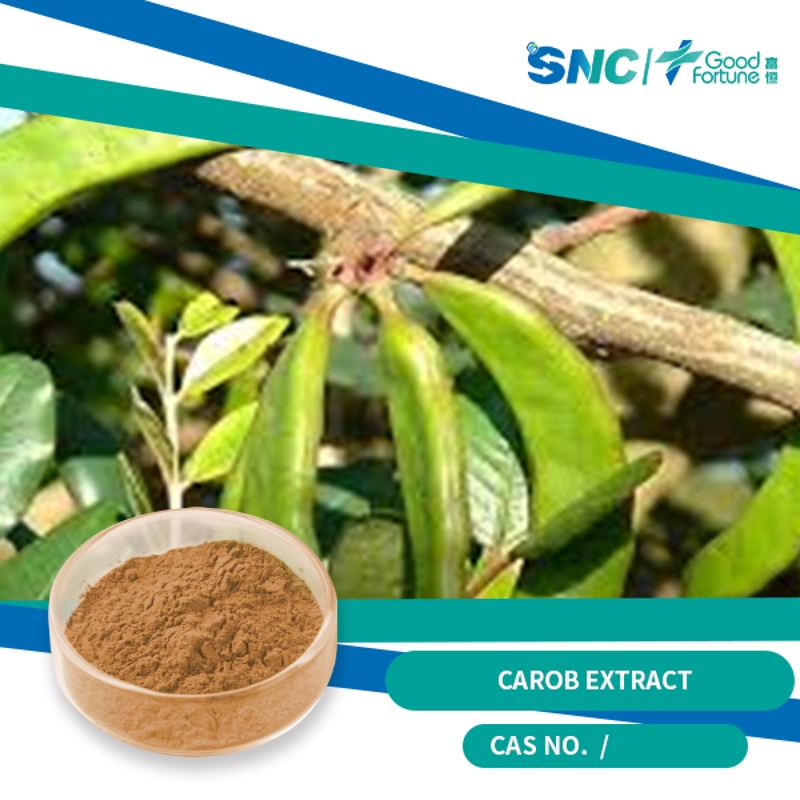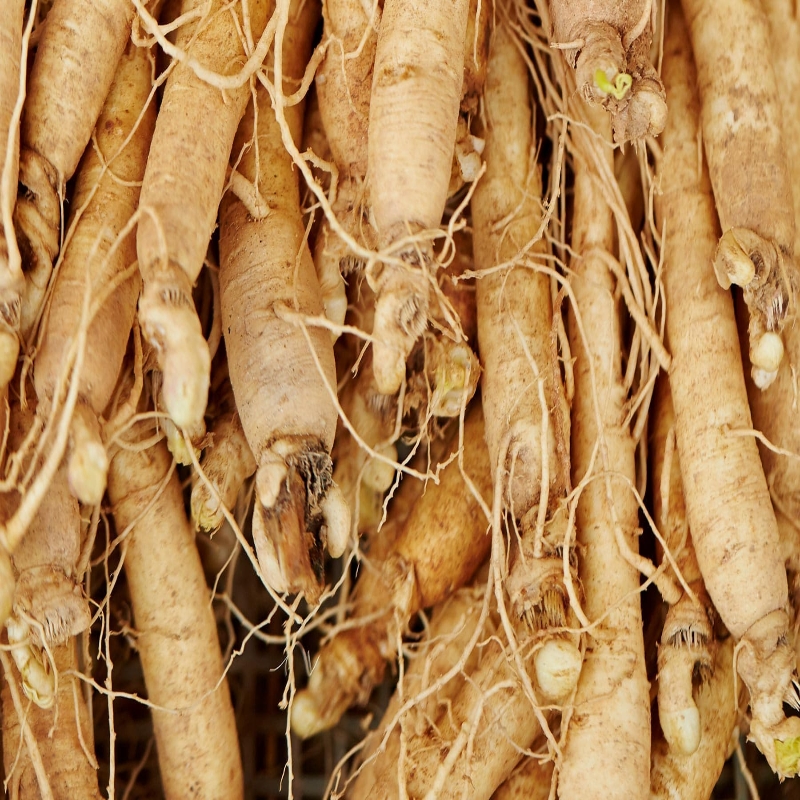Kunming Institute of animal science and technology found that the molecular mechanism of Cimicifuga Extract Inhibiting triple negative breast cancer
-
Last Update: 2016-04-23
-
Source: Internet
-
Author: User
Search more information of high quality chemicals, good prices and reliable suppliers, visit
www.echemi.com
Er α / PR / HER2 triple negative breast cancer (TNBC) is a type of breast cancer with the worst prognosis At present, the treatment of TNBC is still at the level of traditional chemotherapy, the recurrence rate of patients after treatment is high, and it is easy to transfer At present, it is urgent to find new therapeutic targets and effective drugs to improve the survival rate of TNBC patients Apoptosis is the main way for anticancer drugs to kill cancer cells The selection of monomer components that induce apoptosis of TNBC cells from medicinal plants will lay a foundation for the development of new anticancer drugs Cimicifuga L (Ranunculaceae) is widely distributed in Asia, Europe and North America, and is used as a medicinal plant in different ethnic areas of China Its underground roots are used for clearing away heat and detoxification, and folk treatment of sore throat, toothache and gynecological diseases It can be used to treat menopausal syndrome and osteoporosis The triterpenoids extracted from Cimicifuga have the biological activities of anti-tumor, AIDS, malaria, blood lipid and so on Chen Qishi, a researcher of the tumor biology group of Kunming Institute of zoology, Chinese Academy of Sciences, and Qiu Minghua, a researcher of Kunming Institute of Botany, Chinese Academy of Sciences, cooperated in the research Nian Yin (co first author of the paper) extracted a large number of new triterpenoid monomers from the rhizome of Eupatorium ascendens, but their antitumor activities were not studied Kong Yanjie and Li Fubing, the first authors of this study, found that khf16 can effectively inhibit the survival of TNBC cell lines in vitro by screening a large number of compounds Further study found that khf16 can significantly induce the proliferation of MDA-MB-468 and sw527 cells, block the cell cycle of cancer cells in G2 / M phase, and induce apoptosis Khf16 can reduce the expression of XIAP, Mcl-1, survivin and cyclin B1 / D1 It was found that khf16 inhibited NF - κ B signaling pathway in TNBC cells Khf16 strongly blocked the phosphorylation of IKK α / β and IKB α, p65 into the nucleus and the expression of NF - κ B downstream target genes including XIAP, Mcl-1 and survivin This study is the first to report that khf16, an active compound from green cohosh, can inhibit the survival of a variety of tumor cells, especially can block NF - κ B signal pathway to induce cell cycle arrest and apoptosis of TNBC cells Recently, the research results were published online in the Journal theranostics The research work was supported by many projects of NSFC.
This article is an English version of an article which is originally in the Chinese language on echemi.com and is provided for information purposes only.
This website makes no representation or warranty of any kind, either expressed or implied, as to the accuracy, completeness ownership or reliability of
the article or any translations thereof. If you have any concerns or complaints relating to the article, please send an email, providing a detailed
description of the concern or complaint, to
service@echemi.com. A staff member will contact you within 5 working days. Once verified, infringing content
will be removed immediately.







